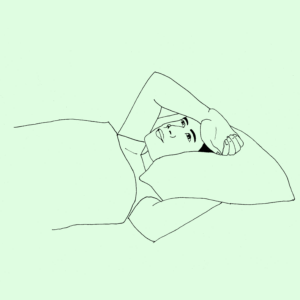Adults Need Sleep Training Too!
Even though I’m a child sleep consultant, I often hear from adults suffering from sleep problems. There are generally two types of common chronic insomnia: Sleep Onset and Sleep Maintenance. I consider early morning waking to be part of a Sleep Maintenance problem.
Poor sleep causes significant impairment in memory, cognitive functioning and reaction time. Recent research also shows that poor sleep can lead to heart disease, elevated blood pressure, diabetes, obesity, mood disorders and possibly, dementia. We know we should get better sleep – but how?
Start with a Sleep Hygiene Checklist:
- See bright morning light. Resets the circadian clock
- Follow a regular bedtime and wake time (same time for both, every day). More important for healthy, restorative, adult sleep that also wards off disease, than getting your 8 hours.
- Shut off screens and bright lights 2 hours before bed. Enables melatonin production (the sleep hormone).
- Do vigorous daily exercise. Reduces insomnia through several mechanisms.
- Limit caffeine. You may be more sensitive than you think.
- Limit alcohol. Especially near bedtime as it disrupts sleep cycles.
- Practice Mindfulness or Cognitive Behavioural Therapy. Helps you recognize thoughts and associated psychological states, toward a more peaceful mindset.
- Be consistent. Necessary for retraining the brain.
The sleep hygiene regime is a no-brainer – gotta do it. For some people, it’s all they’ll need to get back on track. But what if you’re still struggling with insomnia?
As a teenager, I suffered from sleep onset insomnia. These days, I’m susceptible to sleep maintenance insomnia, so I know the struggle. I sometimes wake in the wee hours, and start thinking of things I should do that day. If I grab my phone to write a list, sleep is done for. So, now I keep paper and pencil at my bedside. I can scribble things down in the dark.
Other tips for persistent insomnia:
Do a thorough body tension check and consider whether you have the right physical support. I use a mattress topper, a mouth guard, a cervical pillow and another pillow for my knees – it’s a whole thing!
Use a white noise machine or a fan. This can make a big difference if you’re a light sleeper.
Perform a breathing exercise. I recommend Dr. Andrew Weil’s 4-7-8 Exercise (Relaxing Breath). It works. Learn how here.
